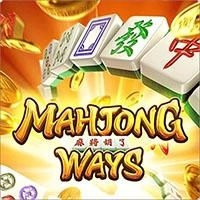
JACKPOTPLAY
IDR39.581.438.961
📊 STATISTIK LIVE
LIVE
12,847
Pemain Online
IDR 2.1M
Jackpot Hari Ini
1,234
Game Dimainkan
89
Pemenang Baru

💰
⭐
💎
UNDUH APK
Nikmati berbagai permainan dalam satu genggaman
Interface yang User-Friendly
Loading Super Cepat
100% Aman & Terpercaya

Android
Version 2.1.0
Size: 57.1 MB
SSL Secured
Virus Free





















